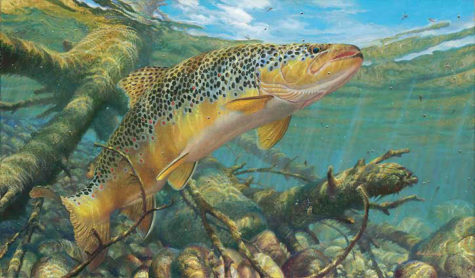The Best and Worst of Fish
Unfortunately, fish, such an ancient benefactor, is sometimes contaminated with modern poisons, such as pesticides and other industrial chemicals. Here are ways to get the most health benefits from fish with the least hazards.
- Choose saltwater ocean fish over freshwater fish from streams, rivers and lakes, which are more apt to be polluted.
- Avoid sport fish caught by recreational fishermen in lakes and streams. They are most likely to be contaminated.
- Choose smaller fish over larger fish. Small fish, like sardines, have had fewer years of exposure to pollutants.
- Eat a variety of fish instead of just one type. This reduces the risk of overdosing on one contaminated source.
- Don’t eat fish skin, which is a prime depository of toxic chemicals.
- For a safer bet, you can choose farm-raised fish, such as catfish and salmon, not likely to be contaminated; however, they usually have less omega-3 type oil than wild fish.
- Don’t over do it. Although some populations, such as Japanese fishermen and Eskimos, with low disease rates eat fish every day, sometimes as much as a pound, it’s not necessary to eat so much to reap the benefits of fish. Most studies suggest that regularly eating fish two or three times a week can make a tremendous dent in heart disease, cancer and other chronic diseases.
- A special caution for pregnant women whose fetuses could be damaged by toxic chemicals. Forgo fish from inland waters, and restrict swordfish, shark and fresh tuna to once a month. Some experts also advise pregnant women not to eat more than 7 ounces of tuna a week.
Source: Food – Your Miracle Medicine
Related Posts
Explore The Posts




Leave a Reply